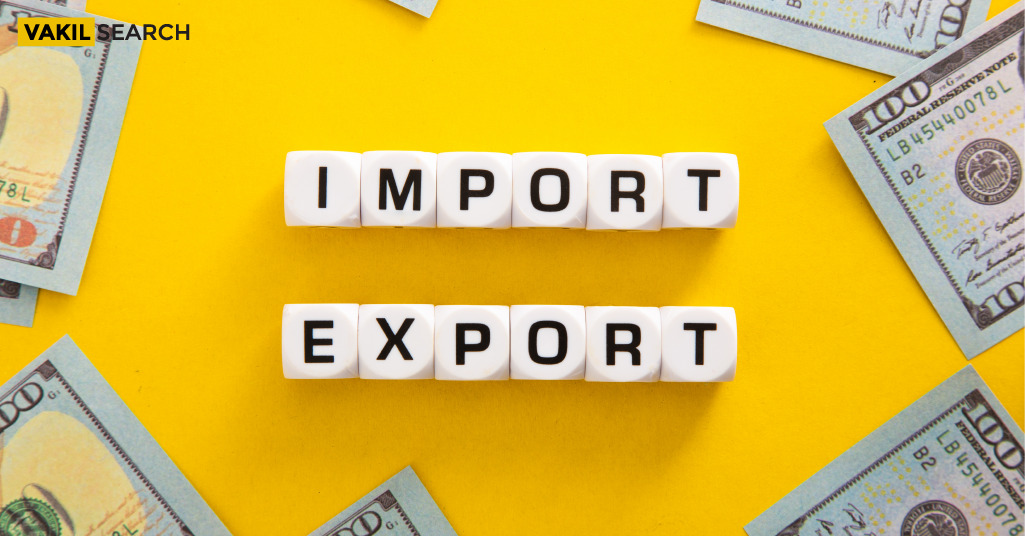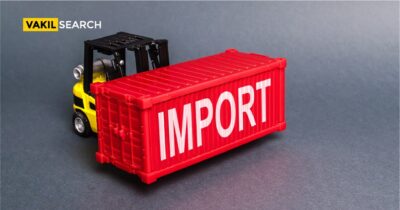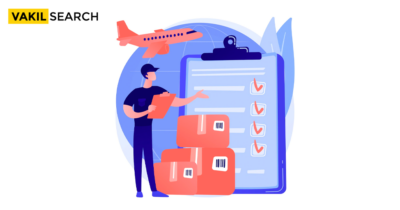Do you wish to navigate the global trade landscape? In this article, we will explore the functions and duties of an import-export agent.
Introduction
In the dynamic landscape of international trade, Import-Export agents play a crucial role in overseeing and coordinating foreign shipments while guiding businesses and customers through the intricate procedures of global commerce. This article delves into the multifaceted responsibilities of import-export agents, the nuances of their involvement in the export/import process, the challenges they face, and the strategies they employ to navigate the complex world of international trade.
The Role of an Import-Export Agent
An import-export agent acts as a linchpin, connecting buyers and vendors across different nations and facilitating transactions. Proficiency in the latest rules and regulations governing international trade is a prerequisite for these agents. Furthermore, their ability to forge professional connections with clients, other agents, and representatives of various businesses is pivotal for success in this field.
The level of involvement of an import-export agent in the export/import process varies. Some act as facilitators, bringing together buyers and vendors and earning a commission for their services. Others, however, take on a more comprehensive role, managing both the transaction and the product’s delivery across borders. This often involves coordinating freight with international shipping companies, setting terms and conditions to protect the rights of all parties involved, and ensuring smooth operations from start to finish.
Preference or Choice-Based Selection
The decision-making process for an import-export agent extends to the degree of their participation in the export/import process. While some focus solely on facilitating transactions, others take on a more comprehensive role, ensuring the smooth flow of goods from one nation to another. In both cases, the intermediary role of the agent becomes crucial, particularly for businesses seeking assistance in finding new routes or developing relationships for successful international trade.
Research and Development Process
Successful export agents invest significant time in research and development. This involves identifying new markets with a demand for specific products and establishing connections with businesses capable of producing in-demand goods in large quantities. Many agents join trade groups and export federations to stay abreast of industry developments, network, and acquire valuable leads. The research extends to understanding export regulations, drafting deals and bills, and staying informed about market trends, contributing to the agent’s ability to attract new customers and operate efficiently.
The Import-Export Code Agent’s Responsibilities
An import-export code agent shoulders a diverse range of responsibilities, including:
- Managing shipments
- Keeping track of shipment progress
- Reporting on shipments
- Negotiating on both sides of the table
- Resolving problems as they arise
- Interacting with prospective customers
- Compiling information for reports
- Handling financial transactions
- Managing shipping operations
This broad scope of responsibilities necessitates a thorough understanding of market dynamics and trade analyses, in addition to administrative duties, to ensure optimal efficiency in operations.
How to Become an Import-Export Agent
Aspiring individuals can equip themselves for a career as an export agent through various avenues. Some may opt for self-education by reading books on the industry, while others may choose to enroll in specialized courses. Hands-on experience can be gained by working with established exporters, and many institutes offer specialized programs to hone the skills required in this field.
Launching an import-export agency may also require obtaining business licensing. While a workspace is typically necessary, it doesn’t necessarily have to be a commercial location – many export brokers successfully operate from home. The flexibility of working from home provides advantages such as a risk-free start, minimal input in the export process, and the ability to focus on the home business.
Challenges of Being an Import-Export Agent
Importing and exporting goods across different nations pose significant challenges, primarily due to the unpredictable nature of trade relations and fluctuating currencies in the global economy. Economic systems must be prepared to handle the erratic behavior of trade relationships, and even the most meticulously planned trading deals can unravel swiftly due to mistakes or currency mismatches.
One major challenge involves dealing with unforeseen transportation costs, including LCL fees (Less than Container Load), port charges, chassis costs, wait time charges, and customs exams. Import-export agents must carefully plan logistical requirements to avoid delays that could have detrimental effects on the timely delivery of goods.
Selecting a licensed customs broker is crucial for import-export agents, as it ensures high-quality services and expertise in dealing with specific industries. The licensed customs broker plays a pivotal role in assisting with the clearance of goods through customs officials, contributing to the expansion of the business.
Navigating Document Backlogs and Adapting to New Laws
Documentary delays can occur due to errors in shipping information, emphasizing the importance of meticulous documentation to avoid fines and complications. Import-export agents must also adapt to changes in laws and regulations in both the importing and exporting countries, ensuring compliance to prevent any obstacles in international business transactions.
Conclusion
In a world where globalization is paramount, the role of import-export agents is indispensable. The increase in imports and exports among different nations underscores the significance of these agents in facilitating the movement of various goods and services for a commission. While they often act as intermediaries, connecting buyers and vendors, both parties must clarify terms before any transaction to avoid exploitation.
Import-export agents possess extensive knowledge across various fields, enabling them to navigate challenging situations successfully. They contribute significantly to enhancing India’s economic position, creating a wide network of commissions, promoting healthy competition, and generating employment opportunities. Despite the challenges, import-export agents play a vital role in driving international trade, and their expertise is essential for businesses seeking success in the global marketplace.
For further details and assistance in this complex field, individuals can contact our experts who are a reliable source of information and support in the realm of international trade.










